Beta Alanine is a non-essential amino acid that’s received a lot of attention in recent years in sports science journals as it’s been shown to buffer lactic acid and reduce fatigue. This is because studies have shown it helps to form, and increase, carnosine concentrations in the body and the muscles which according to a study published in the Journal of Japanese physiology “It has been shown that people whose muscle carnosine was high could exhibit high power during the latter half of the 30 second maximal cycle ergometer sprinting. These results suggested that the muscle carnosine concentration could be one of the important factors determining high-intensity exercise performance.” (Y Suzuki et al 2002.)
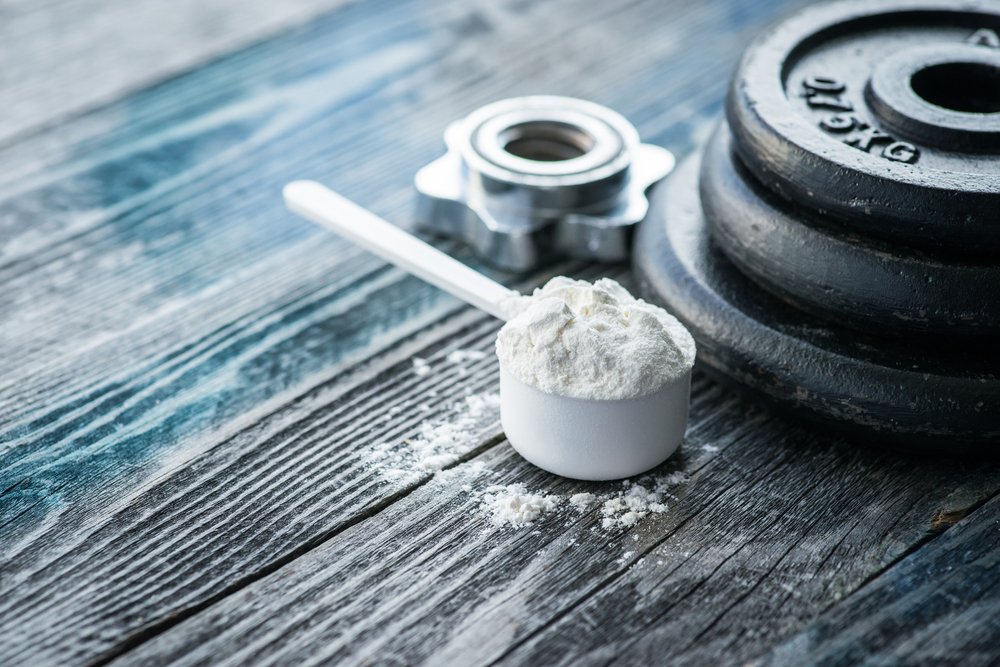
What Is Beta Alanine?
How Beta Alanine Works?
The way in which beta alanine works is by forming with another amino acid in the body called L-Histidine to then form something called Carnosine which studies show can reduce the buildup of lactic acid in the muscles, which in turn, ensures you become less fatigued during periods of intense training. Put more simply, as an athlete you would have no doubt experienced that intense burning sensation you get when you really start to exert yourself. This is because the pH in your muscles and blood decrease, causing them to become too acidic, hence the intense burning sensation. It is literally like your muscles are on fire. To briefly explain what is happening, during short-term, high-intensity exercise, lactate accumulates as the result of lactic acid production being greater than its removal. However carnosine helps to put out this burning fire in your muscles that is felt before reaching failure and as a result enhances muscular performance.
Why Not Just Supplement With Carnosine?
Unfortunately, we aren’t able to absorb carnosine very well on its own if ingested directly, in fact very little is left once it goes through the digestive tract. Therefore sports scientists recommend just supplementing with beta alanine and then letting your body make carnosine from this, since this is a far more efficient way of increasing carnosine concentrations in the muscles.
Who Uses Beta Alanine?
Specifically, a lot of the promising studies conducted on beta alanine, like that conducted at the Journal of Sports Scientists, are on middle distance runners Trent Stellingwerff et al, 2007. However experts believe pretty much most athletes can benefit from supplementing with beta-alanine from footballers, rugby players or swimmers, since buffering lactic acid and reducing fatigue will obviously increase sports performance in each.
What is Beta-alanine used for?
Beta-alanine is a popular supplement used by sprinters to bodybuilders and generally anyone who takes part in any form of physical exercise. As stated above beta-alanine increase carnosine levels, which reduces lactic acid accumulation, overall leads to greater athletic performances, as a build-up of lactic acid in muscles can cause that dreaded cramp. Reducing fatigue in muscles will allow you to perform actions without feeling tired, meaning that either in those final few minutes of a football match you can make that final run into the box, or if in the gym perform that extra rep. Essential beta-alanine is used to help reduce muscle fatigue, however, when combined with creatine monohydrate it has been shown to increase both of its effectiveness.
Our Best Selling Beta-Alanine Blends
References:
- Craig Sale, Bryan Saunders and Roger C. Harris (2010) ‘Effect of beta-alanine supplementation on muscle carnosine concentrations and exercise performance’ Amino Acids, Volume 39, Number 2 (2010), 321-333
- Sweeney, Kaitlin M, Wright, Glenn A, Glenn Brice, Doberstein, Scott T (2010) ‘The Effect of [beta]-Alanine Supplementation on Power Performance During Repeated Sprint Activity’ Journal of Strength & Conditioning Research: January 2010 – Volume 24 – Issue 1 – pp 79-87
- Jay R. Hoffman, Nicholas A. Ratamess, Avery D. Faigenbaum, Ryan Ross, Jie Kang, Jeffrey R. Stout and John A. Wise (2008) ‘Short-duration v-alanine supplementation increases training volume and reduces subjective feelings of fatigue in college football players’ Nutrition Research Volume 28, Issue 1, January 2008, Pages 31–35
- Trent Stellingwerff, Mike K. Boit and Peter T. Res (2007) ‘Nutritional strategies to optimize training and racing in middle-distance athletes’ Journal of Sports Sciences, Volume 25, Supplement 1, 2007, Special Issue: Supplement 1: The 2007 IAAF Consensus Conference on Nutrition for Athletics


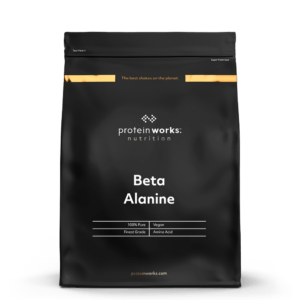
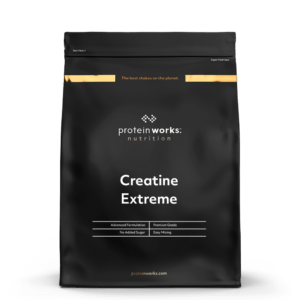
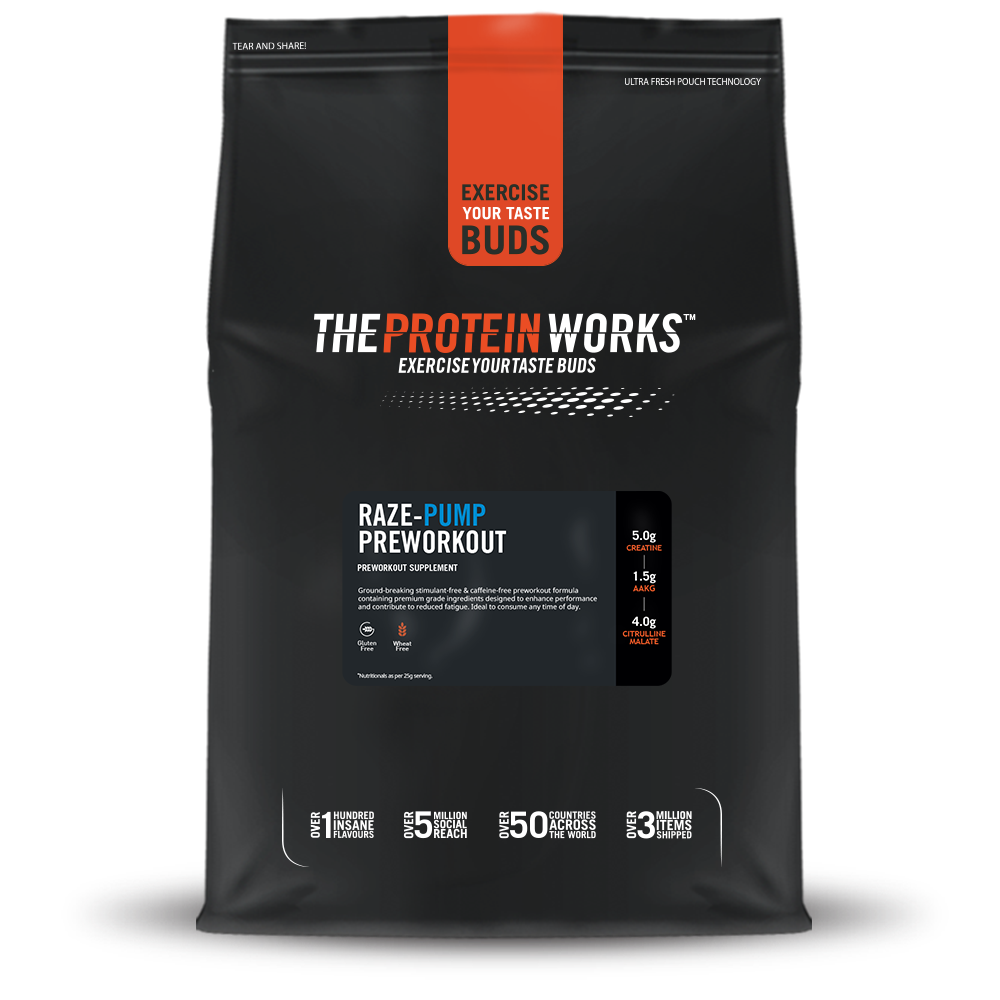
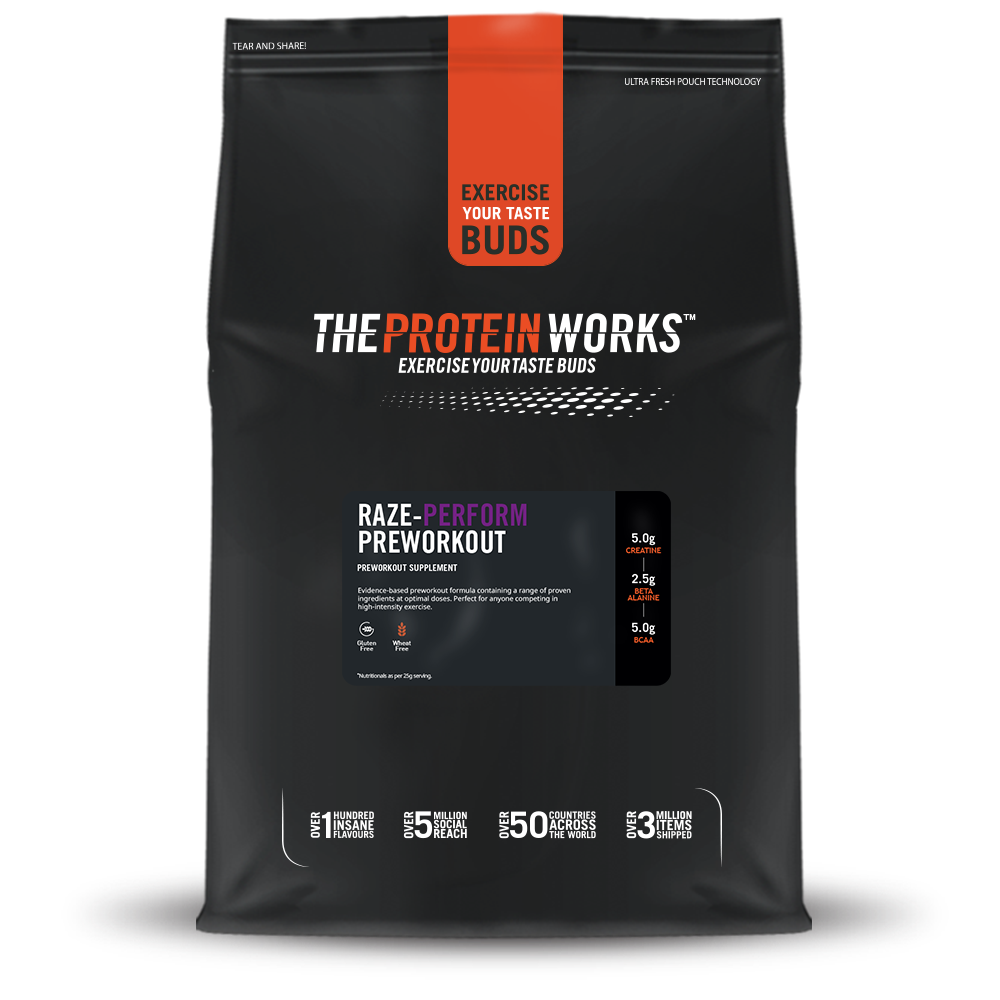
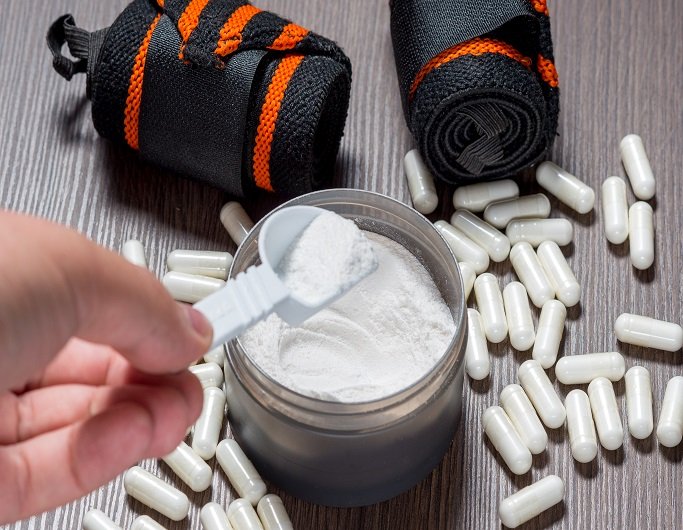
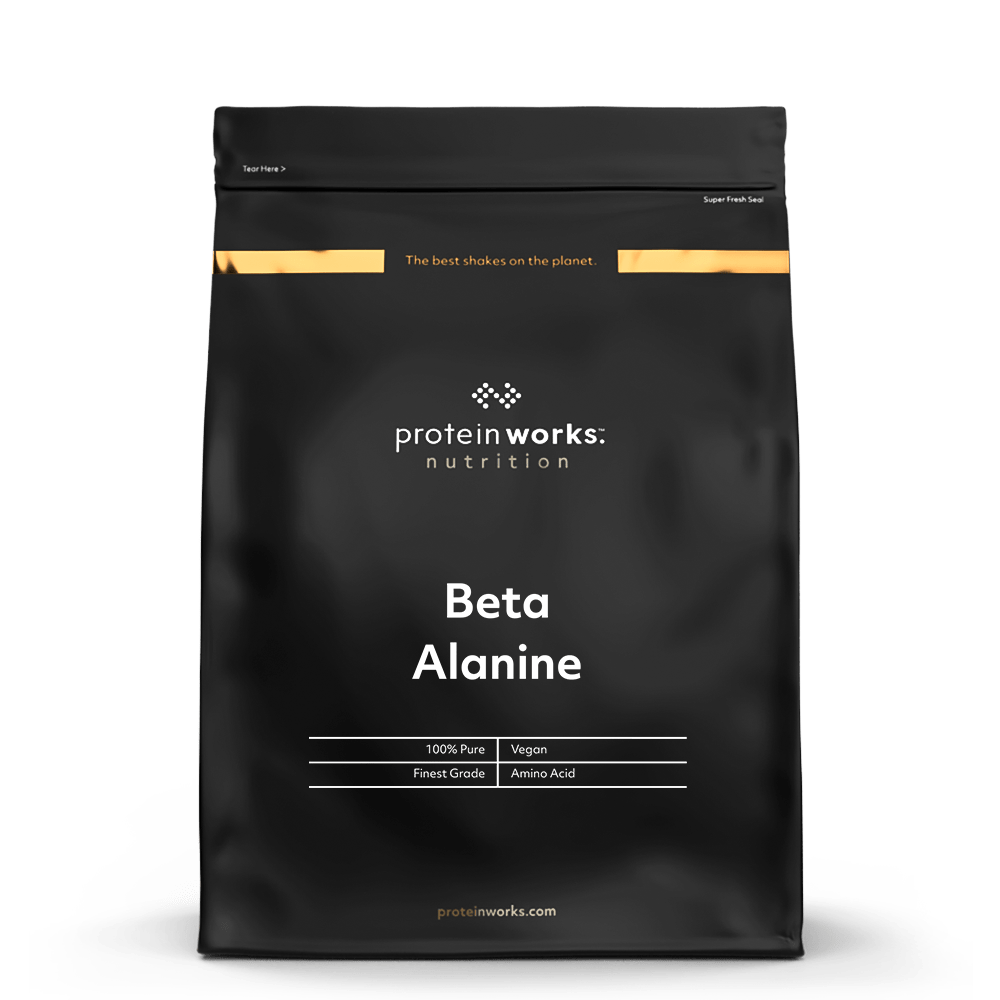
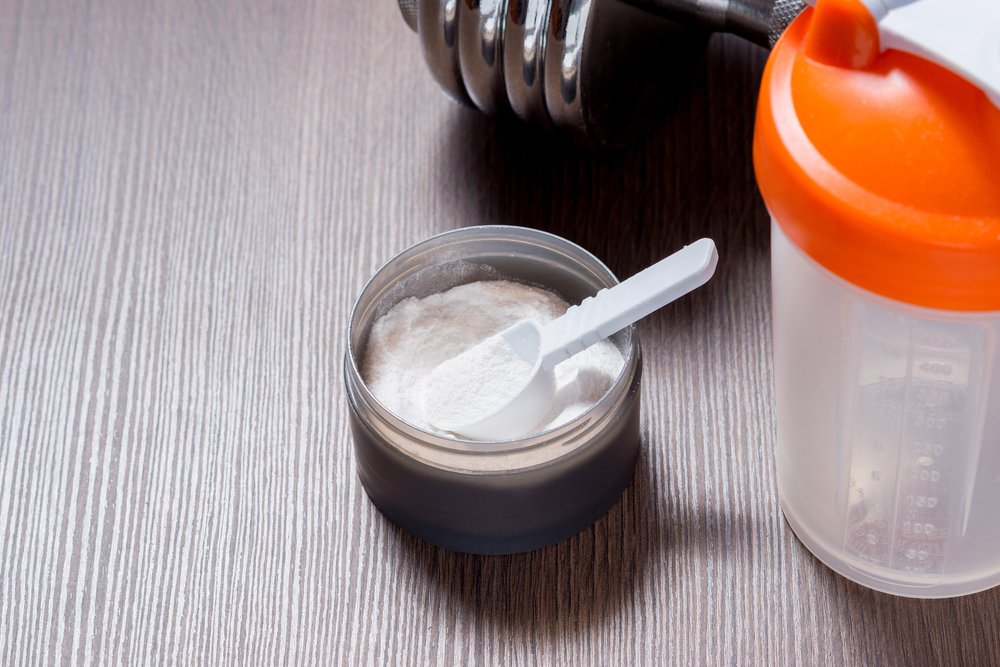

No Comments yet!